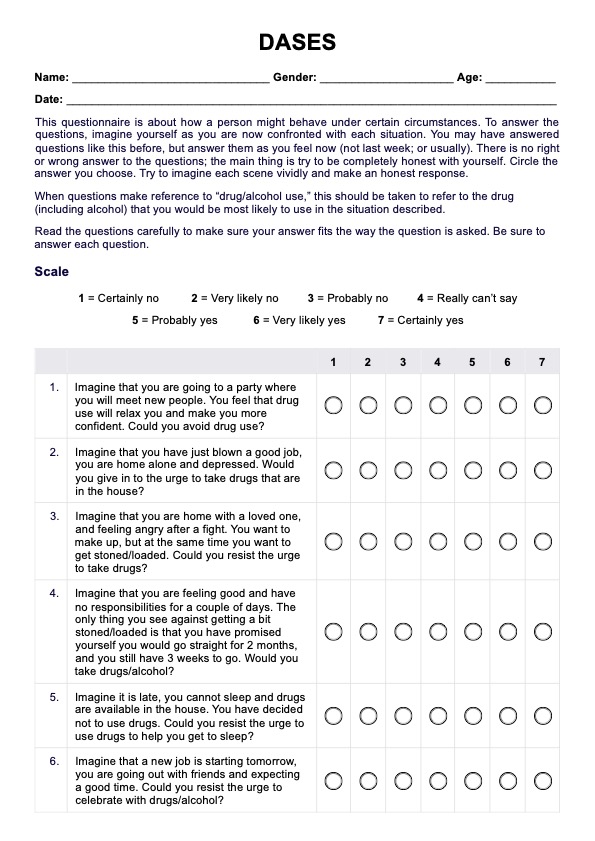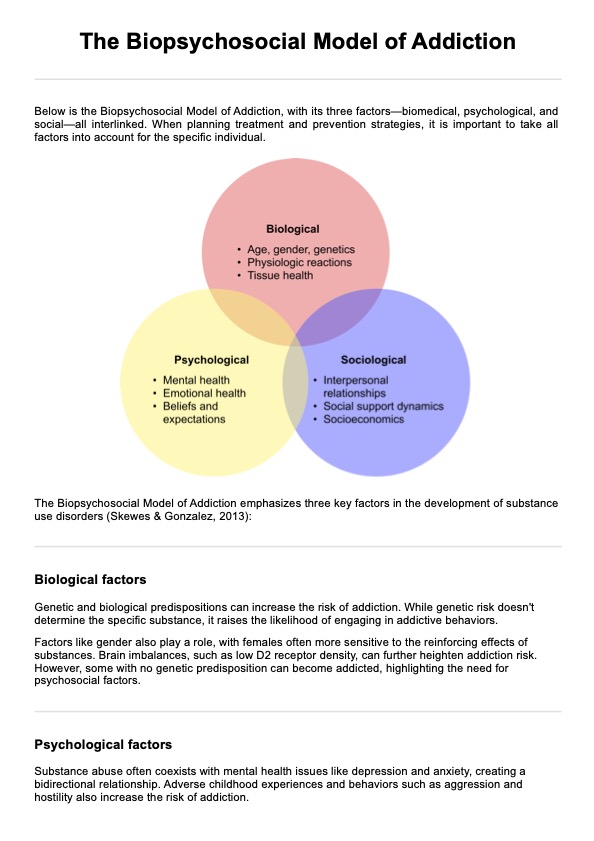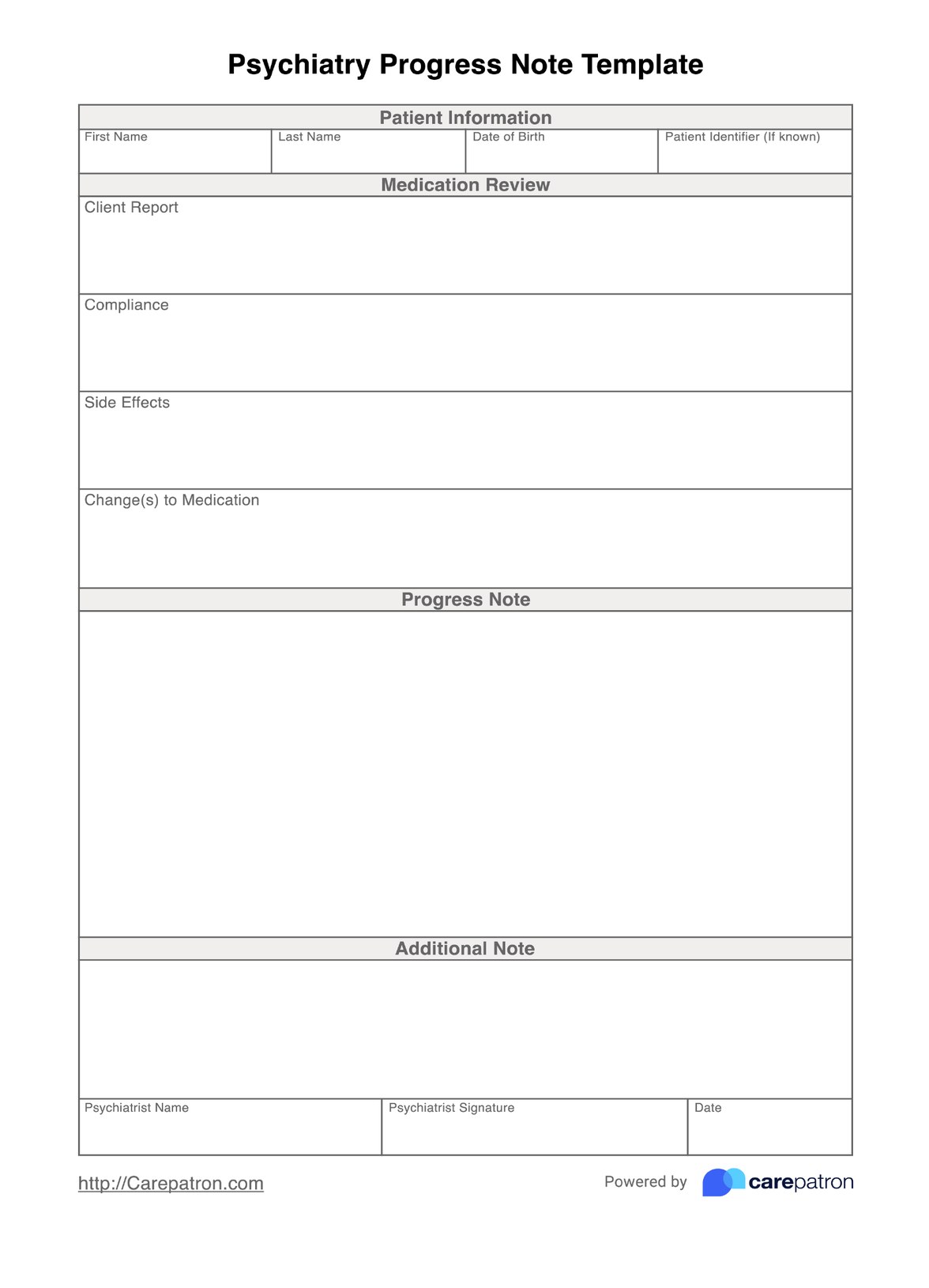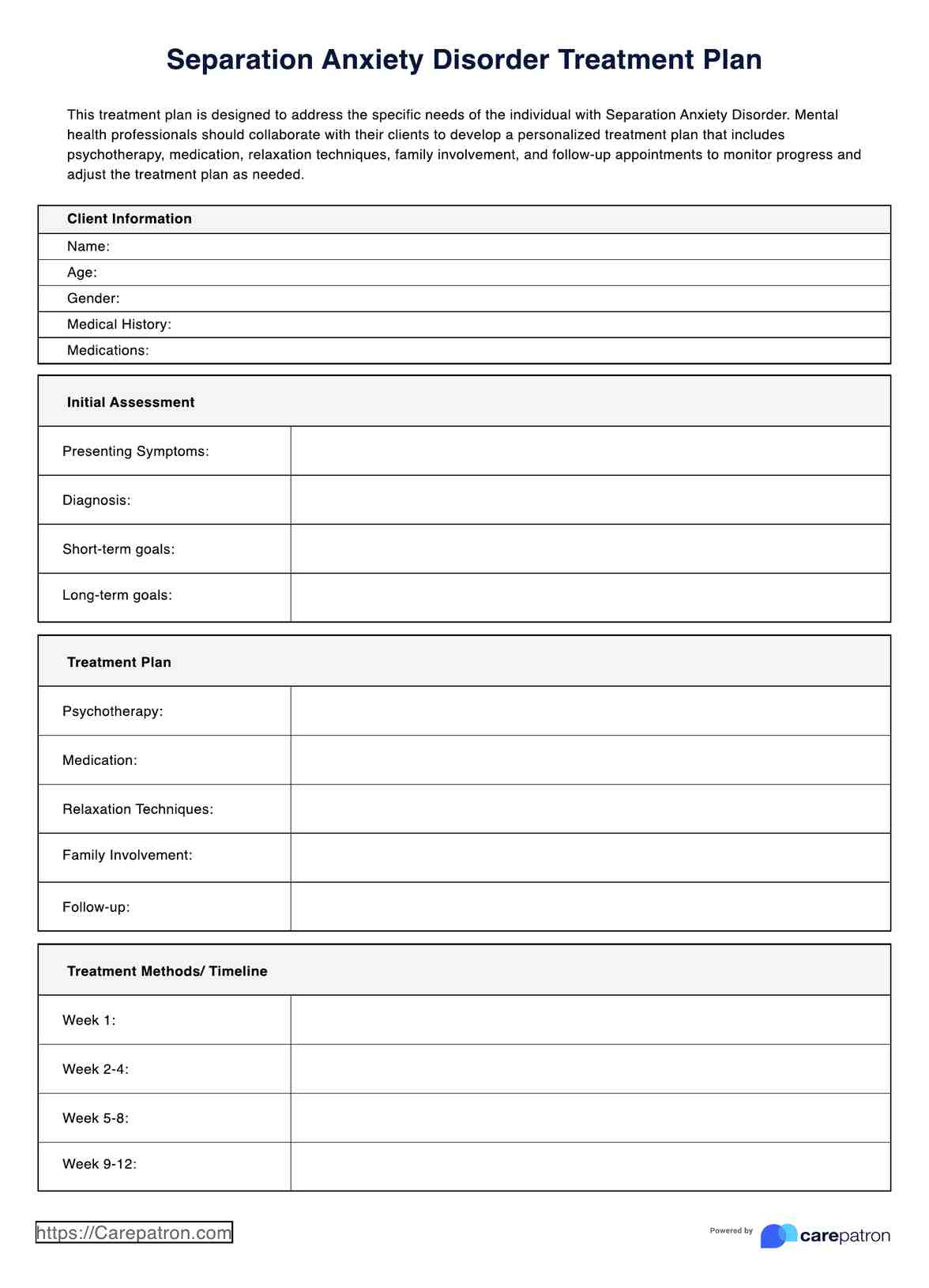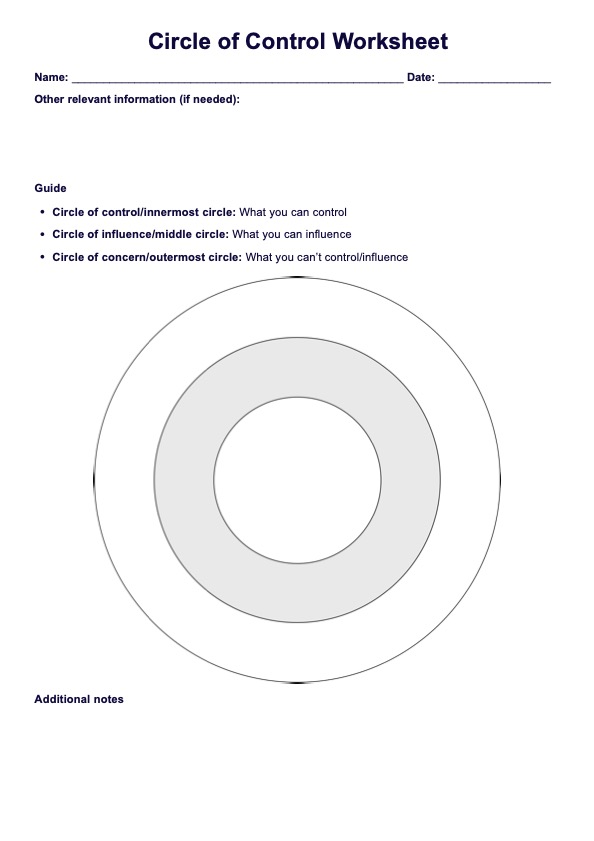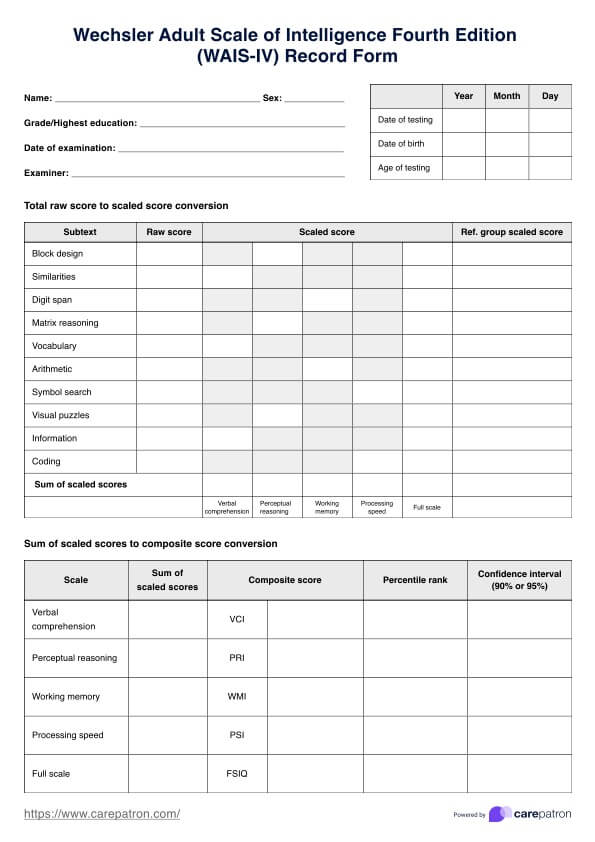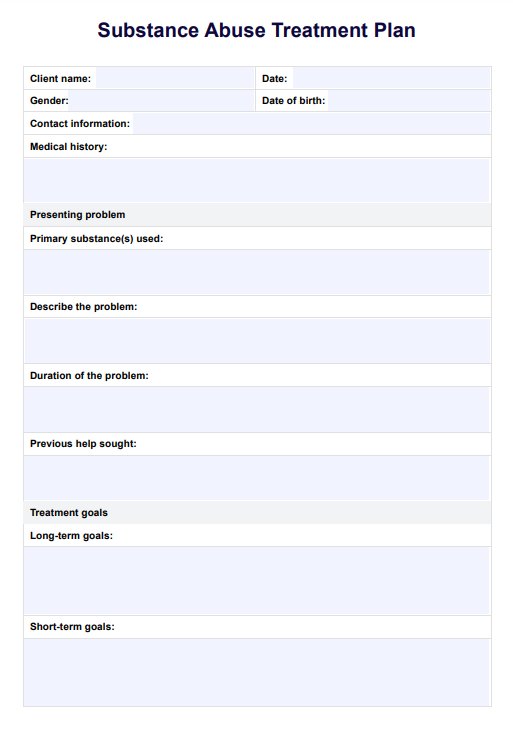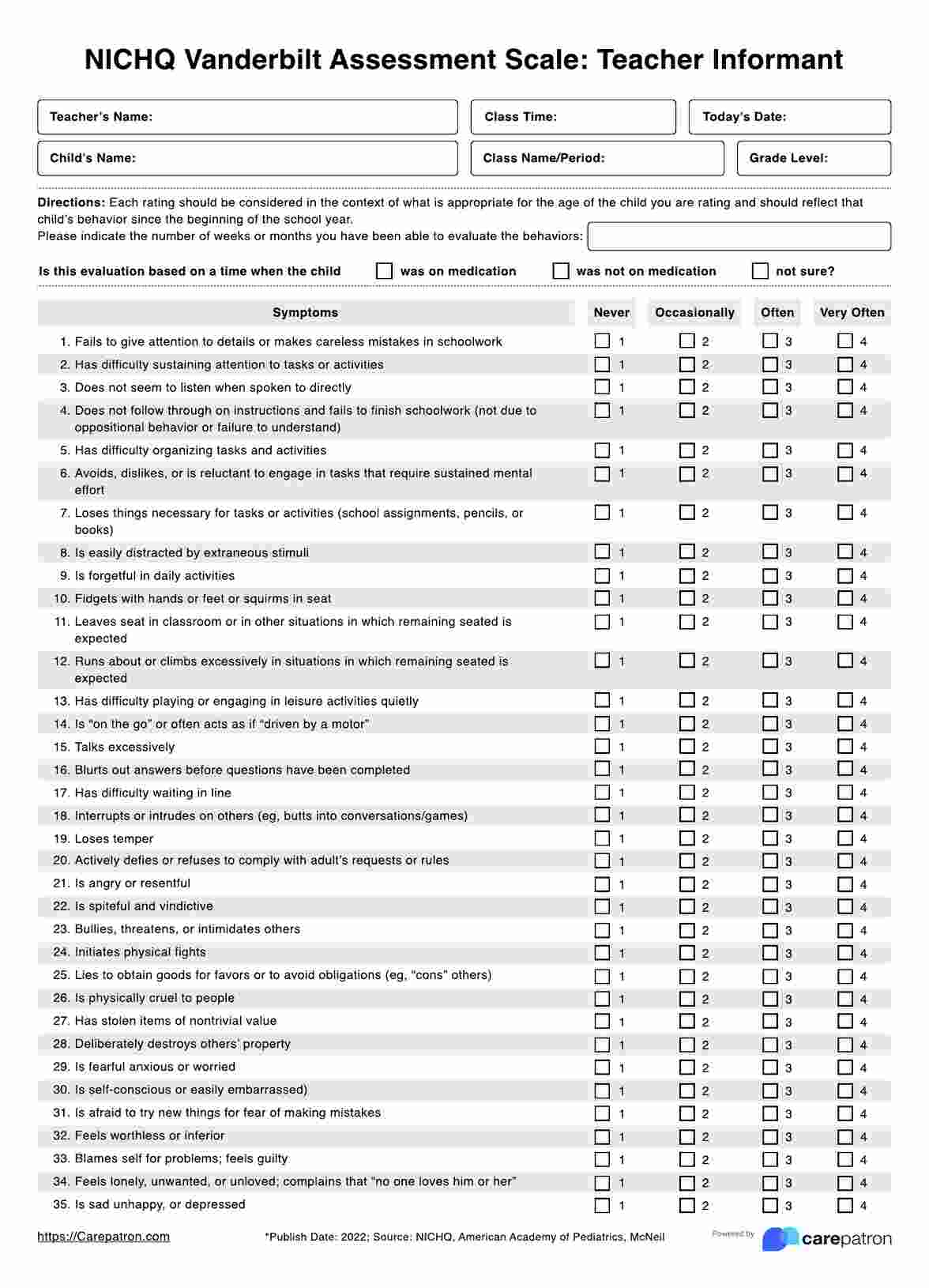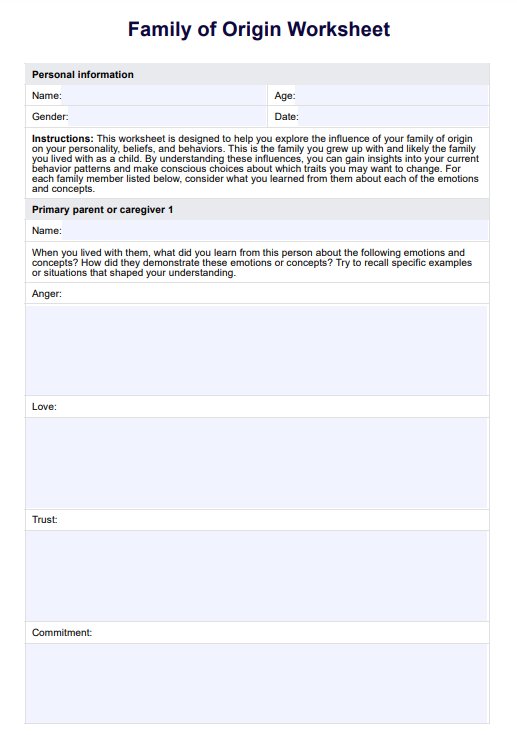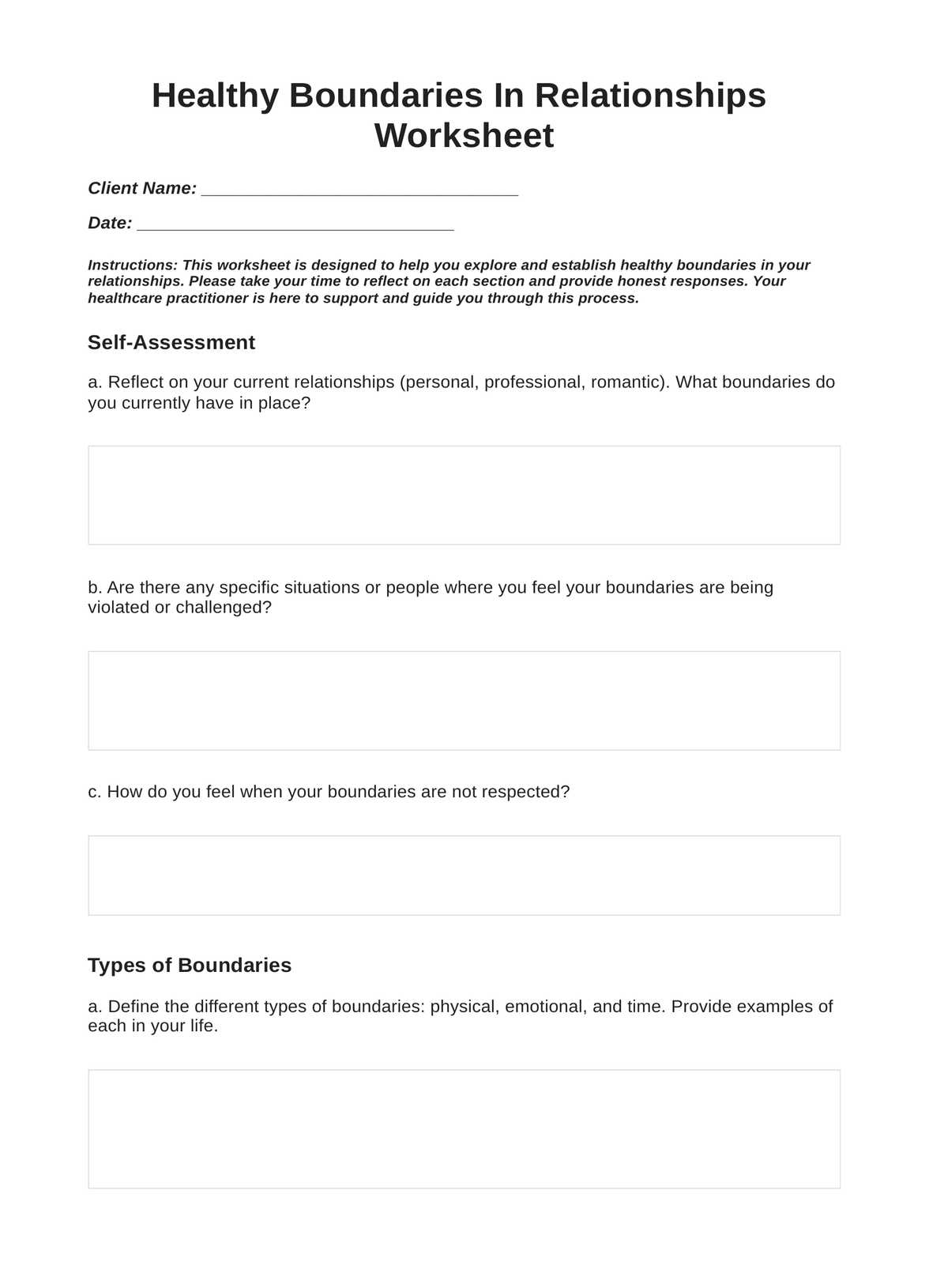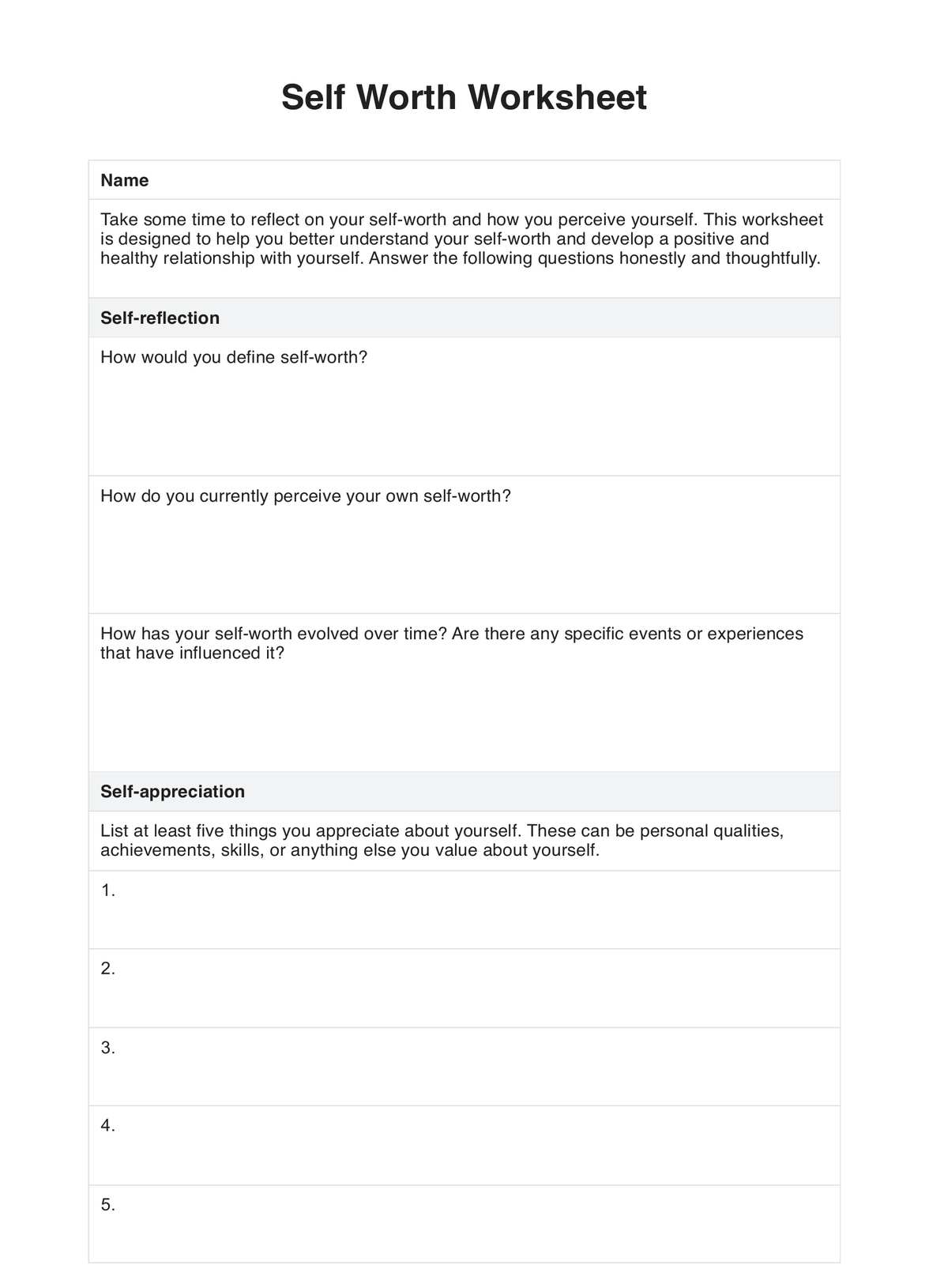Allergy Blood
Get the facts on allergy blood tests. Get insights, examples, and a free PDF download. Learn all about allergy testing today!


What is an Allergy Blood Test?
Allergy blood typically refers to a blood sample taken from an individual to conduct allergy testing. Allergy blood tests, also known as specific IgE blood tests or serum allergy tests, are medical tests that measure the presence of particular antibodies called immunoglobulin E or IgE in the bloodstream. The immune system produces these antibodies in response to allergens, which trigger allergic reactions.
identify allergies to specific allergens, such as pollen, mold, dust mites, pet dander, certain foods, and insect stings. The tests can help diagnose allergies and provide information about which allergens might be causing a person's allergic symptoms.
Various types of allergy blood tests are available for diagnosing allergies. The Radioallergosorbent test (RAST) is an older method that assesses IgE antibodies in response to specific allergens.
A newer technique, Component-resolved diagnostics (CRD), is also available, enabling the identification of specific proteins within allergens, thereby aiding in the precise identification of the root causes of allergies. These diverse allergy blood tests offer healthcare providers valuable tools for accurate allergy diagnosis and treatment planning.
Allergy Blood Template
Allergy Blood Example
How Does It Work?
Here�??s how the Printable Allergy Blood Test works:
Step 1: Collect Patient Information
Gather essential patient details, such as their full name, date of birth, contact information, medical history, known allergies, existing medical conditions, and current medications. This comprehensive information is crucial for assessing the patient's health and understanding any potential interactions with allergies.
Step 2: Perform the Allergy Blood Test
Schedule and conduct the allergy blood test, specifying the type of test (e.g., ELISA, RAST, CRD) and noting the ordering physician. Ensure the patient is informed about necessary preparations and understands the test's purpose.
Step 3: Record and Interpret Results
Once the allergy blood test results are available, document the IgE levels for each tested allergen and provide a brief interpretation, emphasizing significant allergies or patterns that guide treatment decisions.
Step 4: Recommend Treatment and Follow-Up
Based on the results and interpretation, recommend treatment strategies such as allergen avoidance, medications, or immunotherapy if necessary. Specify when the patient should return for follow-up to monitor progress and make any needed treatment adjustments.
When Would You Use This Test?
Healthcare practitioners find this resource invaluable for gaining insights into the optimal scenarios for requesting an Allergy Blood Test. Allergy Blood Tests are typically employed when patients present symptoms suggestive of allergies. These symptoms can manifest as itching, sneezing, skin rashes, nasal congestion, watery eyes, or gastrointestinal discomfort.
With the Allergy Blood Test, practitioners aim to precisely identify the specific allergens responsible for triggering these adverse reactions in patients. This diagnostic approach is handy when there's uncertainty about the exact cause of allergies or when it's crucial to distinguish between various potential allergens.
By narrowing down the culprits, healthcare professionals can formulate targeted treatment plans and recommend lifestyle modifications to alleviate allergic symptoms effectively. The Allergy Blood Test is valuable for precise diagnosis and tailored therapeutic interventions regarding respiratory allergies, food allergies, or environmental sensitivities.
What Do the Results Mean?
Understanding the results of an Allergy Blood Test is a pivotal step in the diagnostic process. This comprehensive resource acquaints you with expected test outcomes and delves into their nuanced implications.
Each test result conveys vital information about the patient's immune response to specific allergens. Elevated IgE levels for a particular allergen indicate the patient's immune system has mounted a significant reaction to that specific substance. By deciphering these results, healthcare practitioners gain valuable insights into the patient's allergic profile, pinpointing the allergens responsible for their symptoms.
Interpretation of these findings is the linchpin for guiding treatment decisions effectively. It enables practitioners to recommend precise interventions, such as allergen avoidance strategies, targeted medications, or, in some cases, allergen immunotherapy.
This free Allergy Blood Test resource serves as a valuable companion in decoding the significance of test outcomes, empowering practitioners and patients with the knowledge needed to navigate the journey toward effective allergy management and improved quality of life.
Research & Evidence
Allergy Blood Tests play a pivotal role in minimizing the risk of false-positive results, which�??according to Cleveland Clinic�??can be as high as 50% to 60% in conventional allergy blood tests. False positives can be confounding, as they suggest the presence of an allergy when, in reality, there might be none. These misleading outcomes can occasionally occur due to factors like recent consumption of specific foods, which may cause mild immune responses unrelated to genuine allergies.
Healthcare providers can exercise enhanced precision and consistency in documenting the allergy blood test process. This meticulous documentation ensures that critical details such as patient information, medical history, and specific allergens tested are captured accurately.
By maintaining a systematic record, practitioners can better discern patterns, assess historical information, and cross-reference prior test results, significantly reducing the likelihood of erroneous conclusions.
References
- Cleveland Clinic: Health Library: Treatments and Procedures: Allergy Blood Tests [Internet]. Cleveland (OH): Cleveland Clinic; c2022.Bilirubin; [reviewed 2022 Feb 27; cited 2022 Mar 17]; [about 8 screens].
- University of Rochester Medical Center [Internet]. Rochester (NY): University of Rochester Medical Center; c2022. Health Encyclopedia: Allergy Overview; [cited 2022 Mar 12]; [about 8 screens].
Commonly asked questions
Allergy Blood Tests are commonly requested by healthcare providers when patients exhibit symptoms of allergies.
These tests are used when there's a suspicion of allergies to identify specific allergens.
Allergy Blood Tests involve taking a blood sample and analyzing it for IgE antibodies.
The test typically takes a short time, but results may take a few days to process.


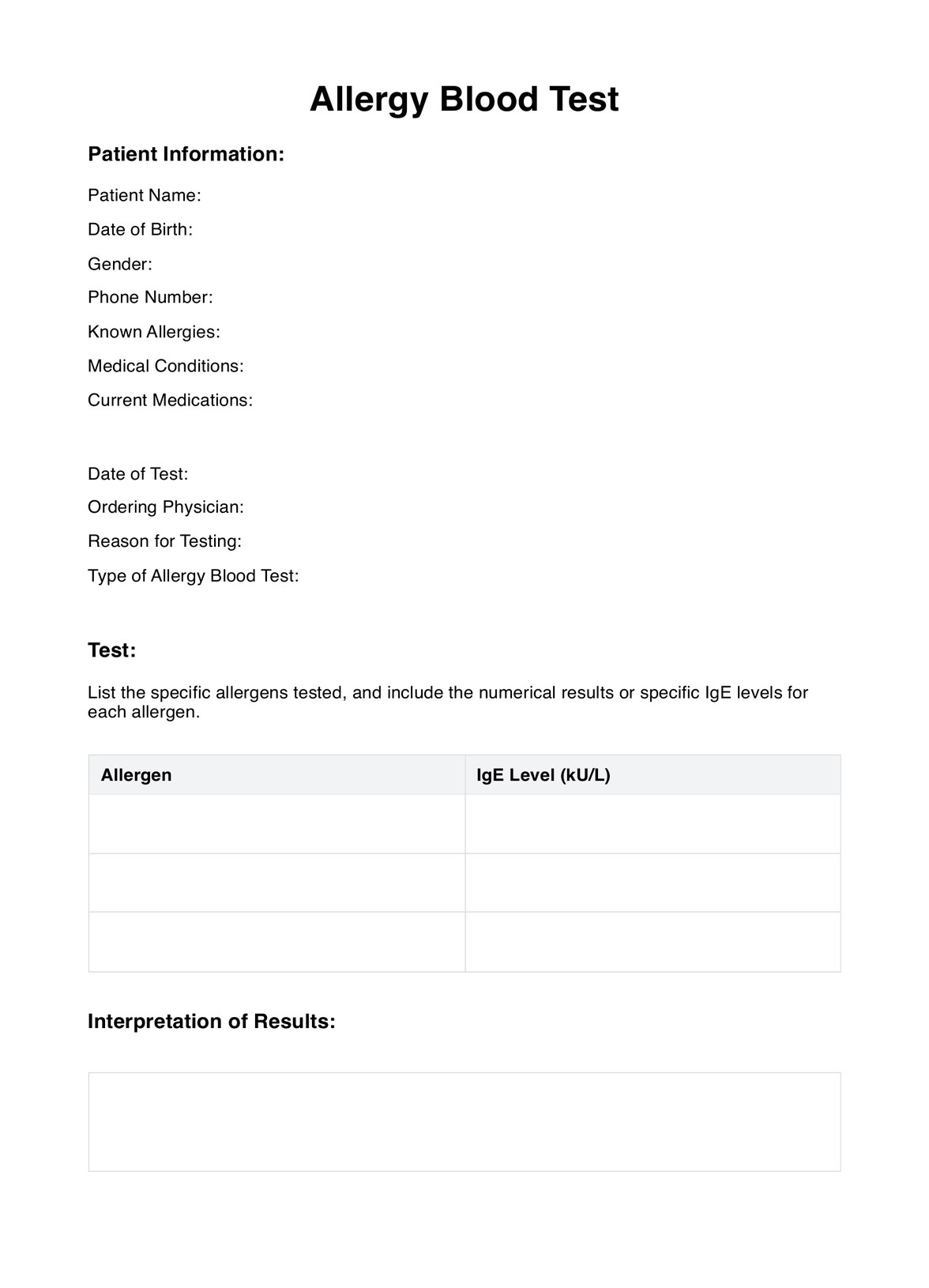
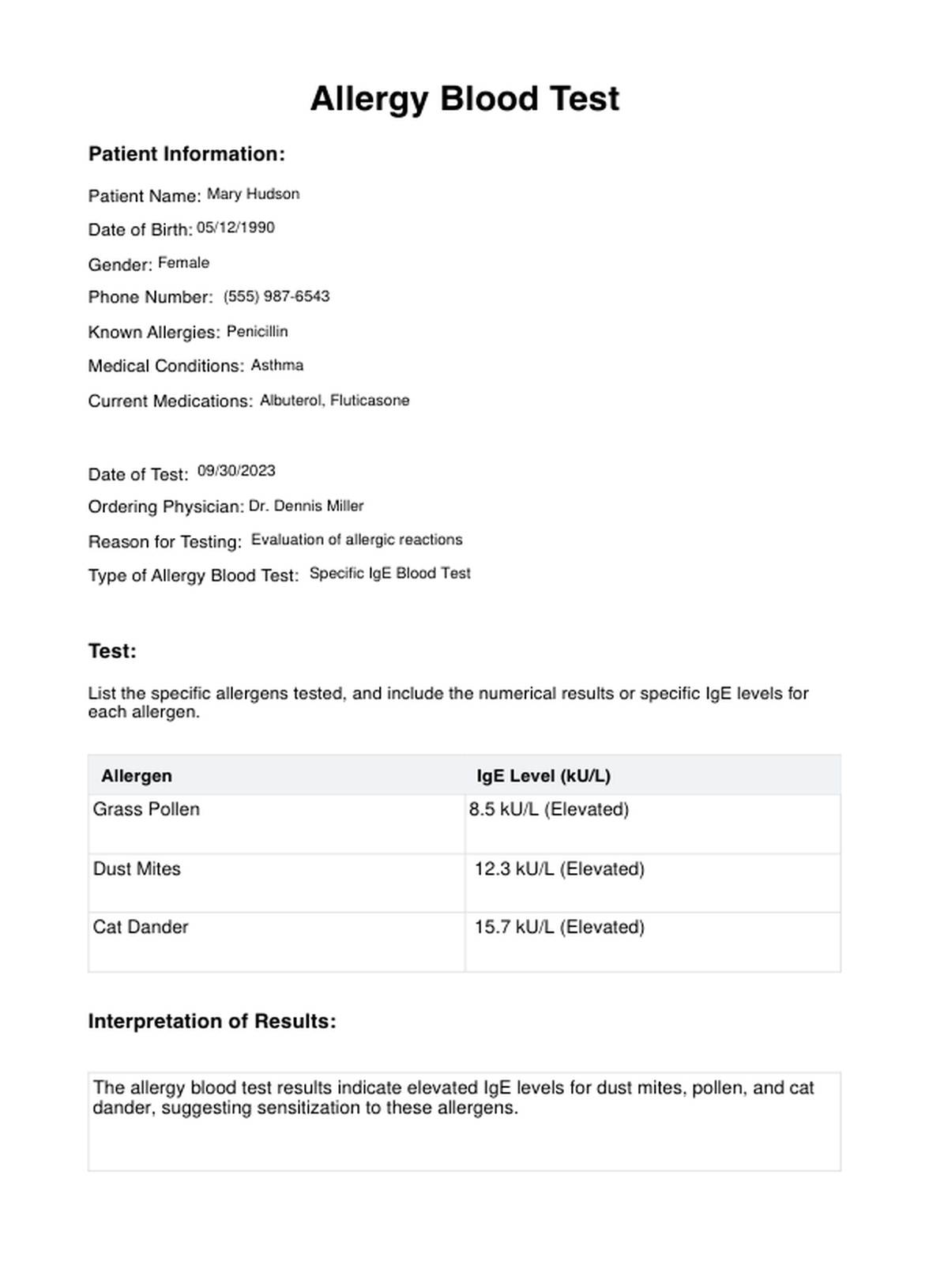

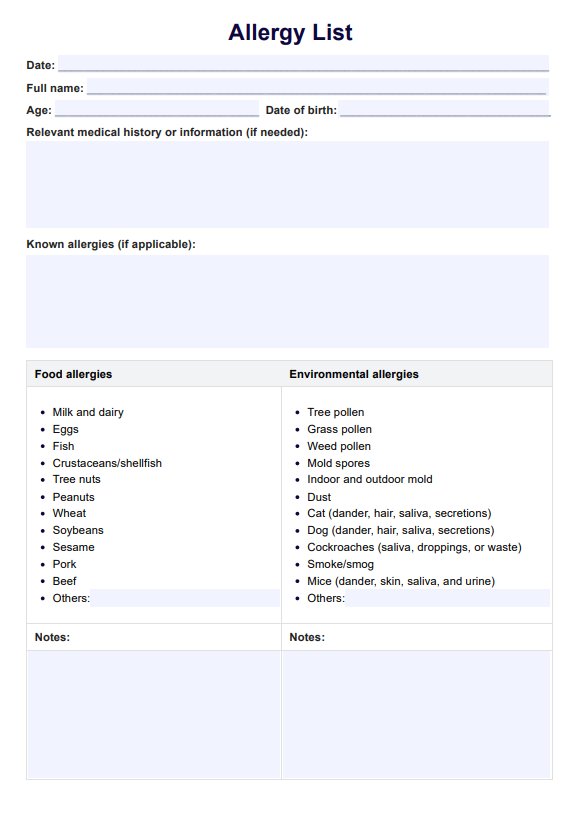













-template.jpg)


